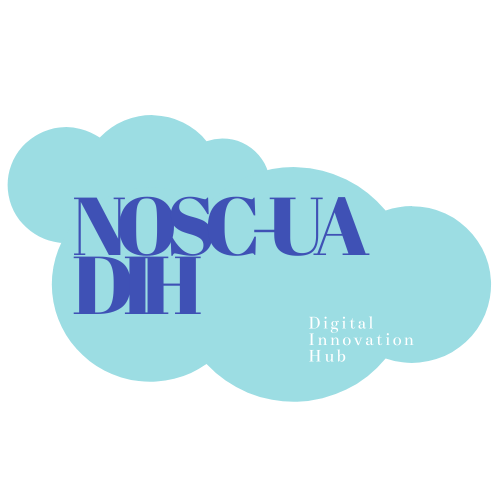On the 22nd of October 2019, the University of Aalto, Helsinki, Finland hosted the first EOSC event of 2019: The International Research Data Community contributing to EOSC.
The event was organised by EOSCSecretariat.eu, the H2020 project mandated to support the EOSC Governance, in collaboration with the EOSC Executive Board and the Research Data Alliance (RDA), the global community-driven initiative with the goal of building the social and technical infrastructure to enable open sharing and re-use of data.
With 230 participants active in Open Science from 33 different countries, the event offered an open platform for policy makers and representatives from academia and research to discuss open science and data commons initiatives from Africa, Australia, Canada, Europe and Japan. The event gave insights into global trends and how the European Open Science Cloud is positioned itself in this global setting, and importantly, highlighted what the necessary steps are for its effective and quick establishment. The event also confirmed EOSC as a vehicle for quality science to maximise socio-economic impact.
The importance of the event was stressed by Hans-Josef Linkens, Governing Board Chair and German Federal Ministry of Education and Research who commented “A regular and thorough exchange between science and Governing Board is vital for a successful process towards a European Open Science Cloud (EOSC). The success of the EOSC has to be measured by its benefits for scientists, science and society. The RDA event with its many fruitful discussions between researchers and policy makers, but also with international experts, was very helpful in this respect.”
Karel Luyben, CESAER and Chair of the EOSC Executive Board, echoed the value of the event. “The EOSC event at RDA formed a constructive interaction with a broad and widely international part of the Open Science Community. Data producers, data users and service providers alike gave feedback and clearly stimulated the Executive Board and the Working Groups to continue its development work on EOSC.”
EOSC is now a reality
“The event helped me understand the positioning on EOSC in an international setting where Europe is recognised as setting the pace at a continental level. There is clearly a desire from the other regions to collaborate. Compared to previous EOSC events, the presentation by the chair of EOSC Governance Board clearly demonstrated the higher level of awareness and engagement of member states in EOSC. There are no longer the questions about what is EOSC but rather what will it contain, when will it be ready and how can people contribute.” says Rupert Lueck, EMBL and Sustainability WG co-chair.
Understanding the international context is fundamental to build the future EOSC
“The EOSC event at RDA provided the first opportunity for the EOSC Architecture Working Group to share ideas with RDA colleagues. In many cases, we look at the same problems with only different objectives. The global nature of RDA also allowed us to broaden our perspective.” states Jean-François Abramatic, Inria and Architecture WG Chair.
“The event made it clear that Open Science is a global direction of travel, and our work to map out the European landscape also needs to consider the broader international context within which EOSC will need to interwork. It’s also clear that the EOSC concept is becoming much clearer and better defined, and the community is now very keen to see what is proposed for the implementation of EOSC in the post-2021 era.” continues John Womersley, European Spallation Source ERIC and EOSC Executive Board.
EOSC is a collaborative effort leveraging on previous and existing investments
“The EOSC day at the RDA plenary was extremely helpful to the Rules of Participation Working Group. The Breakout session in RoP was well attended and we heard views from participants on what should be the aims and scoping of the RoP and in particular on what was already in place in several EOSC related projects. This will help the WG find a common baseline for participation that will make EOSC far more valuable than the sum of its parts.” concludes Juan Bicarregui, STFC and Rules of Participation (Rop) WG Chair.
Input from these discussions will feed into the work of the EOSC EB Working Groups which will conclude at the end of 2020. Indeed, discussions from the event will continue in the second EOSC event planned for 2019, the EOSC Symposium 2019, where from 26th to 28th of November 2019, Budapest, Hungary “EOSC makers and shakers” will meet. The programme of the event is available and registration is open. Secure your seat now.
The presentations of the event and the web streaming of the first two plenary sessions are available here:
